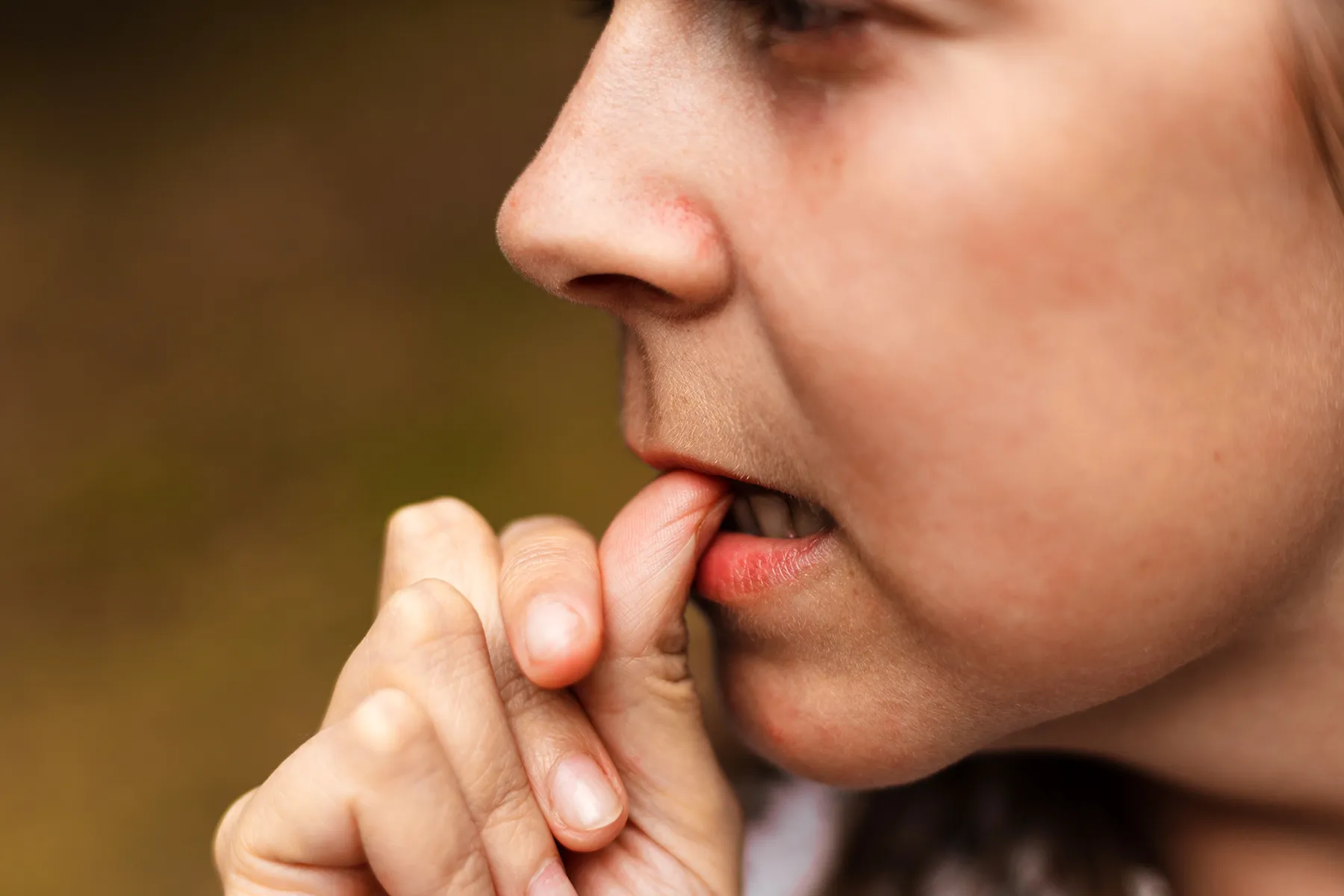You likely know from experience that sleep and mood go hand in hand. A sleepless night can leave you feeling crabby the next morning and put a damper on your whole day. When you have chronic insomnia, night after night of lying in bed awake can take an even bigger, longer-lasting toll on your mood.
To understand the connection between sleep and mood, look no further than your brain. Deep inside the brain, the region known as the amygdala is probably best known as the control center for our emotions. But it also plays a role in sleep.
Some research suggests that when you’re sleep-deprived, there’s more activity in this part of the brain in response to negative emotions like fear. There may also be fewer connections between the amygdala and certain other parts of the brain, which can worsen your mood.
Also, when you have insomnia, you may miss out on critical phases of sleep. While you sleep, activity in your brain cycles through different stages. Your brain is very active during the REM (rapid eye movement) stage. It’s when you dream, and when you process new information into your long-term memory.
REM sleep also affects your emotional and mental health. When you don’t get enough of it, your brain can’t properly process information linked to your emotions. This can affect your mood, and is sometimes even linked to mental health disorders.
Researchers have studied the link between sleep loss and mood for many years. They’ve discovered that people who are short on sleep are more likely to have negative moods and emotions like:
- Anger
- Acting without thinking (impulsivity)
- Frustration
- Irritability
- Sadness
- Stress
A 2021 study from the University of South Florida shows just one sleepless night can affect your emotions. Researchers looked at data from nearly 2,000 middle-aged people who kept journals on their physical and emotional health. Those who lost sleep reported feeling angry, nervous, lonely, irritable, and frustrated.
The negative feelings started after only one night of sleeplessness and continued to get worse over the next few days. Study participants’ moods returned to normal after they slept for more than 6 hours.
Emotional and mood changes from a lack of sleep don’t discriminate. They affect younger and older people, men and women, but may show up in different ways. Studies find that men are more likely to be physically and verbally aggressive when they’re sleep-deprived. Women have less energy, more anxiety, brain fog, and moodiness. Kids tend to act out by throwing tantrums, and being hyperactive, angry, and aggressive.
While sleep can affect your mood, the reverse is also true: your mood has an impact on how well you sleep. Researchers are still studying the connection between sleep and mental health, but they believe it’s “bidirectional,” meaning one affects the other. Not only can sleep loss raise your risk for certain mental health disorders, it can also be a symptom.
Trouble sleeping is a common warning sign of depression. As many as 75% of people with the condition have insomnia symptoms.
There’s also a strong link between sleep and anxiety disorders. When you’re anxious and stressed, your body makes more adrenaline and the stress hormone cortisol. You’ll have trouble turning your brain off and may notice physical symptoms like a rapid heartbeat and quick, shallow breathing. All of these things work to keep you alert.
Annie Miller, a behavioral sleep medicine therapist at DC Metro Sleep and Psychotherapy in Bethesda, MD, says many of her clients are anxious about their sleepless nights.
“Worrying about it, thinking about it all the time can really take a toll on your day-to-day life,” she says. “Insomnia is a 24-hour a day disorder. It’s not just something that’s taking place at night. It becomes a preoccupation.”
Neurologist and sleep specialist Chris Winter, MD, of Charlottesville, VA, sums up insomnia in one word: fear.
“It’s the fear of not being able to go to sleep tonight because last night was difficult; the last 2 years have been difficult,” he says. “You spend hours praying that tonight will be different.”
Winter says that although people think of sleep as an ability we’re born with, it’s actually a learned skill. He suggests behavioral therapy to get to the root cause of your insomnia.
Cognitive behavioral therapy for insomnia (CBT-I) helps you pinpoint thoughts and behaviors that promote insomnia. You’ll replace them with ones that support sounder sleep. Among other methods, CBT-I includes:
- Sleep hygiene or changing your habits to promote better sleep. This might include quitting smoking, drinking less alcohol, and unwinding a couple of hours before it’s time for bed.
- Sleep restriction or reducing the time you spend in bed. This makes you tired, which helps you fall asleep more easily the next night. The goal is to break the habit of lying in bed when you’re awake. Once you’re sleeping better, you increase your sleep time again.
- Relaxation training. This might include meditation, guided imagery, or other techniques to help you wind down.
If you have insomnia, sleep experts say, it’s best to get treatment right away.
“The sooner the better, because you’re learning a skill set,” Winter says. “It’s easier to deal with insomnia when it’s new than when it’s chronic. CBT-I training can be life-changing for people. It’s empowering.”
Keep in mind that another medical condition could be causing your insomnia. Talk to your doctor. They’ll ask about your sleep habits and may order tests to rule out other health issues.
https://img.lb.wbmdstatic.com/vim/live/webmd/consumer_assets/site_images/article_thumbnails/features/emotional_toll_of_insomnia_features/1800x1200_emotional_toll_of_insomnia_features.jpg
2024-03-22 21:15:12





